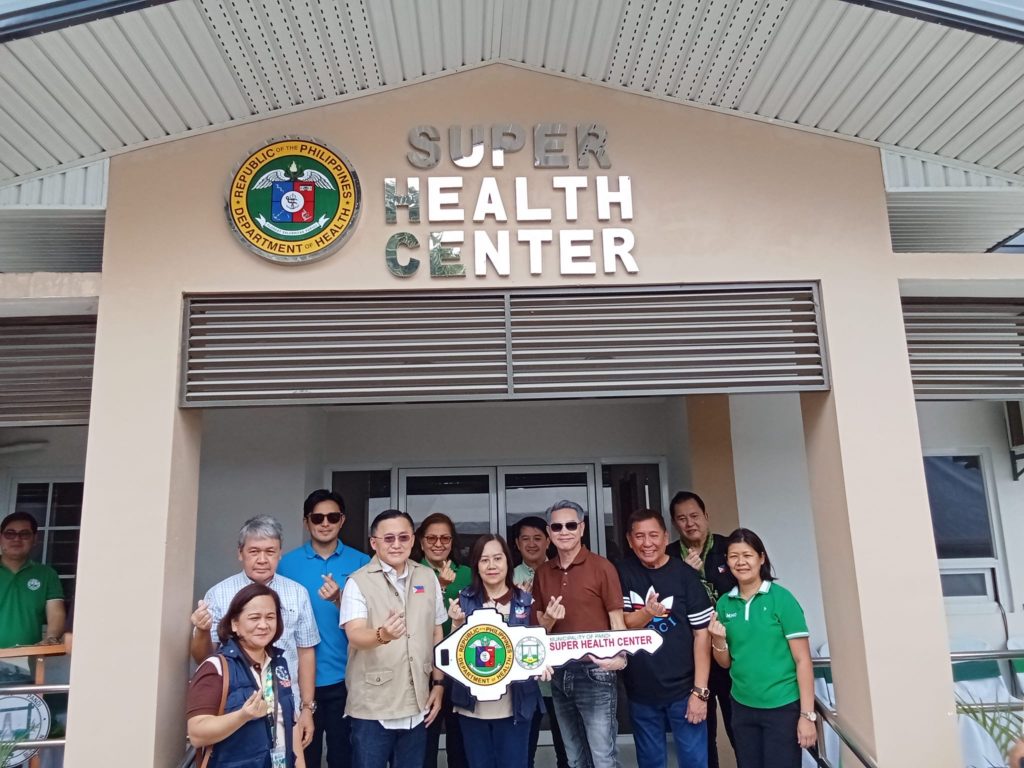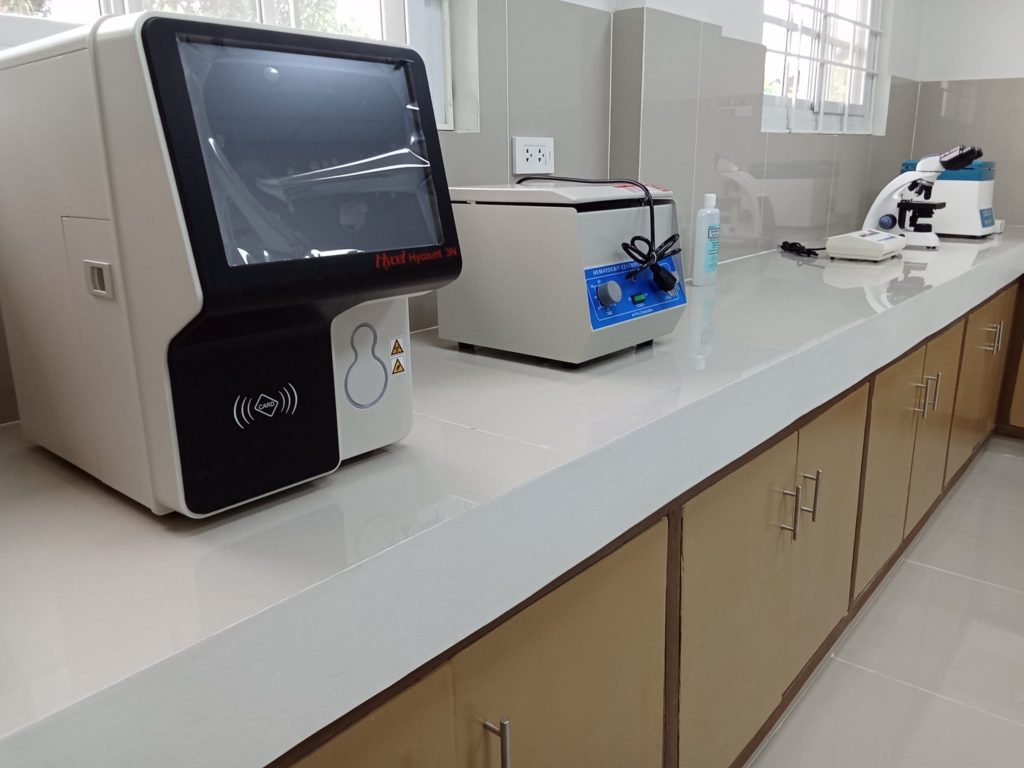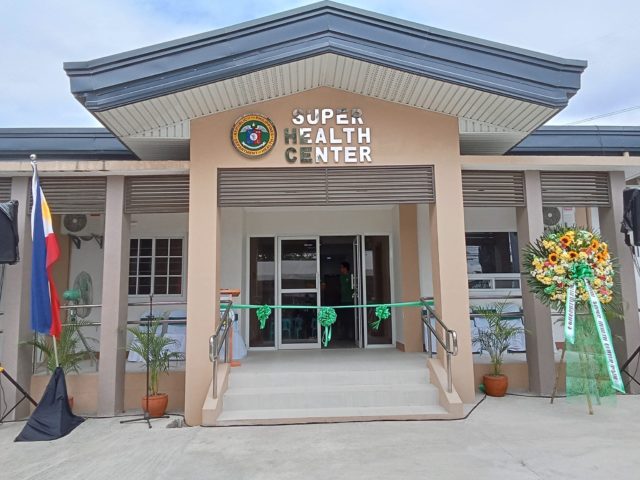When people living in underserved sitios and barrios get under the weather, they run to the nearest Rural Health Units (RHUs) to see a doctor.
The services offered by RHUs are, however, quite limited to the preventive aspect of healthcare, and are not equipped to perform even minor surgeries.
In addition, there are some areas where RHUs are not functional. Some are even being used for other purposes, while others do not even have designated healthcare personnel to attend to the needs of the people on a regular basis.
As a result, many people from poor households still prefer to go to public hospitals, even though at times these are congested, to be able to receive free and comprehensive treatments and surgeries.

These concerns, which have long been part of the problems in the Philippine healthcare system, are among those that Republic Act 11223 or the Universal Healthcare Act (UHC) intends to address when it is enacted into law in 2019.
The UHC Law is designed to ensure equitable access to quality healthcare services for every Filipino. In the first six years of implementation, its priority areas are health service delivery, health financing, and performance monitoring.
Among the components of health service delivery are the construction of new health facilities and the expansion of existing ones. The conceptualization of a super health center is anchored on this objective.
Department of Health (DOH) Central Luzon Center for Health Development (CLCHD) Regional Director Corazon Flores said that the Super Health Center is a semi-hospital, larger than the usual RHUs, equipped with birthing facility, isolation room, pharmacy, and an ambulatory surgical unit. It is expandable and can cater to more facilities such as laboratory, X-ray, ultrasound and dialysis units.
Senator Christopher Lawrence ‘Bong’ Go, chairperson of the Senate Committee on Health and Demography, has worked for the allocation of P12 million for each Super Health Centers across the country.

Of the total amount allocated for each center, P10 million will be used for the construction of the one-storey building while the P2 million is for purchase of necessary equipment under the DOH’s Health Facilities Enhancement Program (HFEP).
In Bulacan, the construction of Super Health Centers in Bulakan, Guiguinto, Balagtas, Meycauayan, San Jose Del Monte, San Miguel, and Pandi was funded under the 2022 national budget; while the same facilities are being built in San Ildefonso, San Rafael, Baliwag, Plaridel, Marilao, Obando, and Angat under the 2023 national budget.
The first operational Super Health Center in Bulacan was recently inaugurated in Pandi, Bulacan.
On the part of the local government, Pandi Mayor Enrico Roque said that the municipal government provided around 500 square meters of land where the Super Health Center now stands. It will directly benefit the more than 94,000 population of eight barangays around Barangay Bunsuran I.
No doubt, the Super Health Center serves more than just a testament to primary health care in the countryside. It is also proof that we have a government that cares as it endeavors to make health services more comprehensive and accessible to the people. (MJSC/SFV-PIA 3)





